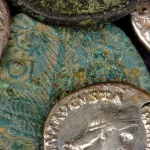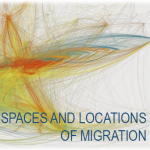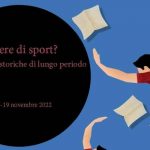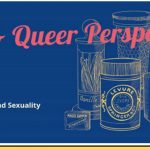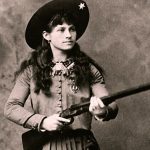 University of Vienna: TACOMO: Transatlantic Cowgirl Mobilities; Stefanie Schäfer (Amerikanistik) und Teresa Hiergeist (Romanistik) (Web)
University of Vienna: TACOMO: Transatlantic Cowgirl Mobilities; Stefanie Schäfer (Amerikanistik) und Teresa Hiergeist (Romanistik) (Web)
Zeit: 19.-21.10.2022
Ort: Wien
Einreichfrist: 06.05.2022
In contemporary popular culture, representations of shooting women abound: Super heroines, warrior goddesses, and female avengers brandish their weapons in movies, cartoons, comics and novels, advertisements, and on the shelves of toy stores (Inness 2018, 4); stories of cowgirls, huntresses, and female police officers and soldiers have received increased media attention in the past 30 years. This new omnipresence of the gun-toting woman in the cultural imaginary indicates her great potential to concentrate different discourses about gender, the legitimacy of violence, and social cohesion. She exposes the values, norms and attitudes of contemporary individuals, groups and societies. In this respect it comes as no surprise that narratives of shooting women negotiate a variety of positions and identities.
The conference interrogates constructions of ladies in arms and gunwomanship in contemporary popular culture, to detect the contextually varying valorizations and strategies of representation. We seek to locate the gunwoman in her historical genesis and to reveal her political, economical, social, and cultural functions. The organizers intend to reassess imaginations of armed women as modern site of gendered knowledge production and ask what kinds of discourses, contemporary and historical, are negotiated through the performance and reception of shooting women.
For the gathering in Vienna, the organizers are looking for contributions from the humanities and the social sciences on shooting women that discuss historical or fictional figures and groups and their changing (feminist) conceptualizations across the boundaries of race, class, and citizenship, with a special interest in Feminist and Gender Studies.
Possible topics may include – but are not limited to – the following:
- gender stereotypes and shooting women
- motherhood, domesticity, and gun ownership
- revolution, anarchy and gunwomanship
- memory production, monuments, and gunwomanship Continue reading

